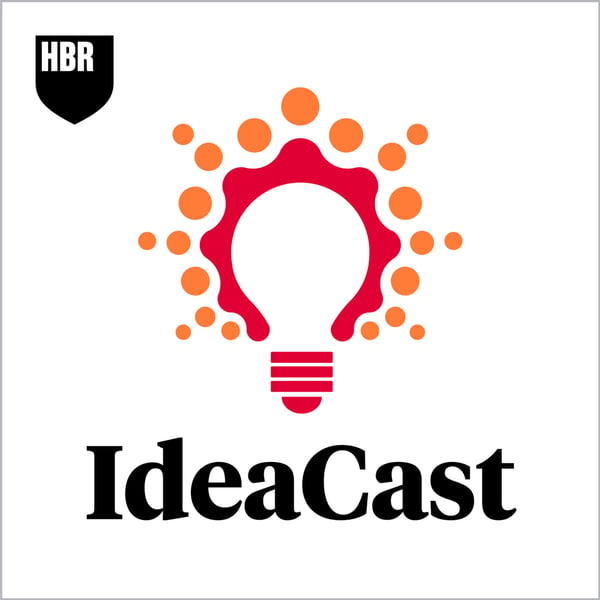Read Fiction and Be a Better Leader
HBR IdeaCast
Harvard Business Review
4.4 • 1.9K Ratings
🗓️ 20 June 2013
⏱️ 18 minutes
🧾️ Download transcript
Summary
Transcript
Click on a timestamp to play from that location
| 0:00.0 | Hey everyone it's Kurt we need your help with our annual survey this is your last chance to help us get to know you so we can make idea cast even better for you |
| 0:09.8 | it's easy just go to HBR.org |
| 0:13.0 | podcast survey. |
| 0:15.0 | Again, that's HBR.org. |
| 0:17.0 | And thanks for listening. Welcome to the HBR Idea Cash from Harvard Business Review. I'm Sarah Green. I'm talking today |
| 0:39.2 | with Harvard Business School Professor Joseph Botaraco. One of his courses that he teaches at |
| 0:44.4 | HPS revolves around leadership in literature. So today we're going to talk with |
| 0:49.6 | him in the spirit of summer reading lists about what lessons we can learn from fiction. |
| 0:54.0 | Joe thanks so much for joining us today. |
| 0:56.0 | Very glad to be here, Sarah. |
| 0:58.0 | So, Joe, what I'd just like to get started with is why use works of fiction to teach leadership? My view of what |
| 1:06.4 | makes literature so valuable in the classroom is that it helps students really get inside individuals who are making decisions. |
| 1:18.0 | It helps them see things as these people in the stories actually see them. And that's because the inner life of |
| 1:27.8 | the characters is imagined and described in many cases by brilliant writers whose sense of how people really |
| 1:37.0 | think and how they really work have been tested by time over decades or even centuries. |
| 1:44.1 | We have students, as you know, from a wide variety of backgrounds. |
| 1:47.6 | And many of them take this course |
| 1:49.9 | because they've got their own sort of personal interest and concerns things they're really |
| 1:53.4 | trying to think through and what they often really learn is not sort of what the |
| 1:59.6 | author put in there but they learn what other students see and understand and are |
| 2:07.3 | troubled by or are like in these stories. So it's a very complex form of learning, but it's very different from the old instructional |
| 2:16.9 | model. In many ways, it's like the case method approach to learning. |
... |
Please login to see the full transcript.
Disclaimer: The podcast and artwork embedded on this page are from Harvard Business Review, and are the property of its owner and not affiliated with or endorsed by Tapesearch.
Generated transcripts are the property of Harvard Business Review and are distributed freely under the Fair Use doctrine. Transcripts generated by Tapesearch are not guaranteed to be accurate.
Copyright © Tapesearch 2025.

